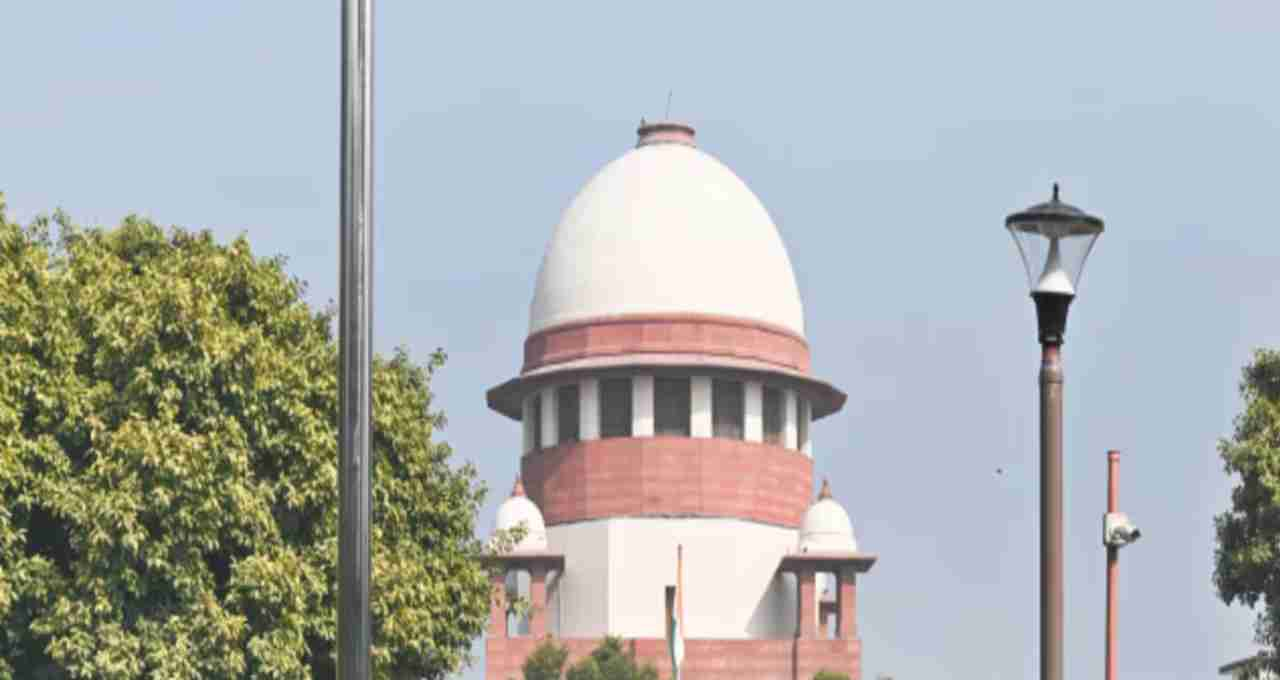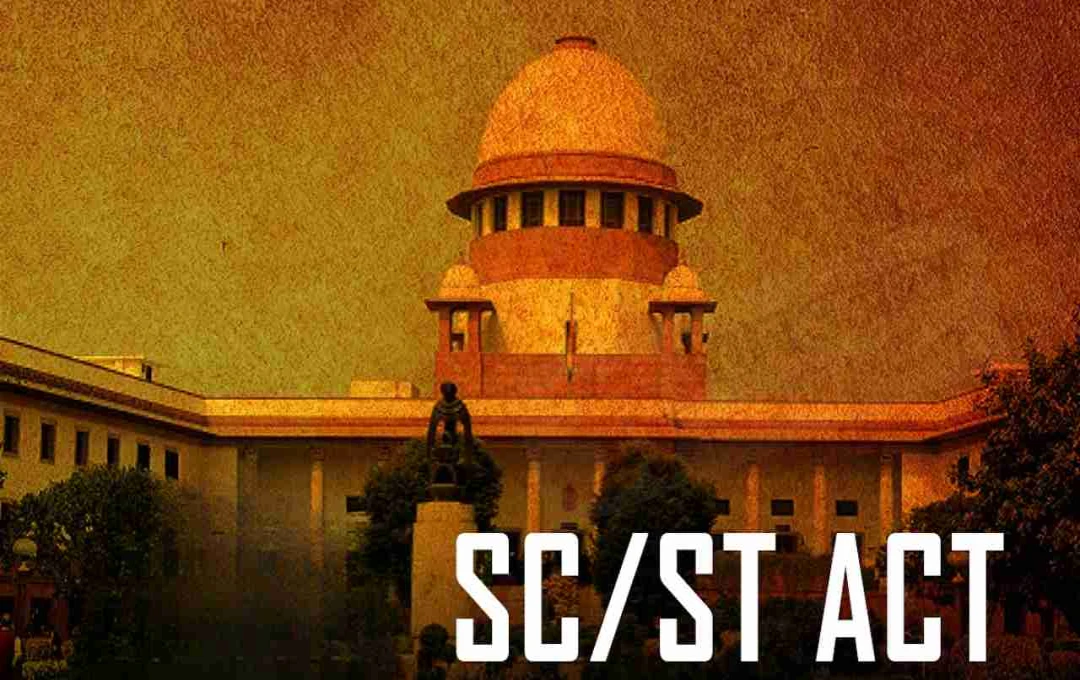Supreme Court Sets Condition for Anticipatory Bail Under SC/ST Act. The court stated that bail can only be granted if an offense is not proven prima facie. Allegations made in the FIR will be decisive.
SC/ST Act: The Supreme Court has brought about a significant change in the process of granting anticipatory bail under the Scheduled Castes and Scheduled Tribes Prevention of Atrocities Act. The court has clarified that anticipatory bail under this Act can only be granted if it is prima facie established that no offense has been committed by the accused.
This decision was made by a bench comprising Chief Justice B.R. Gavai, Justice K.V. Chandran, and Justice N.V. Anjaria. In this verdict, the Supreme Court overturned an order by the Bombay High Court that had granted anticipatory bail to an accused. The accused was alleged to have publicly insulted someone using caste-based derogatory terms.
What is the Case?
The background of the case is that the complainant alleged that the accused insulted him by mentioning his caste and threatened to burn his house. Furthermore, the accused also behaved violently towards the complainant's mother and aunt. The court stated that this case, prima facie, falls under the offenses punishable under Section 3 of the SC/ST Act.
During this, the accused beat the complainant with an iron rod and threatened dire consequences if they did not comply with his wishes. Casteist abuses were also used.
Supreme Court's Stance
The Supreme Court clarified that the decision to grant anticipatory bail can only be taken if it is prima facie established that an offense under the SC/ST Act has not occurred. The court stated that lower courts cannot conduct a mini-trial or a comprehensive analysis of evidence in this process.

The court further stated that the information provided in the First Information Report (FIR) will be decisive in such matters. Considering the gravity of the allegations in the FIR, the court will exercise caution when granting anticipatory bail.
Complainant's Allegations
The complainant alleged that the accused insulted him based on his caste. The accused threatened to burn the house and insulted the complainant using the word 'Mangatyano'. This action was taken because the complainant did not vote according to the accused's political wishes.
In cases of this nature, the court's clear directive is that caste-based insults and threats will be taken seriously.
What Did the Court Clarify?
The Supreme Court clarified that anticipatory bail can only be granted to an accused if it is prima facie proven that no offense has been committed. In this process, lower courts cannot undertake a comprehensive evaluation of evidence.
The court stated that the information provided in the FIR will be quite decisive. If the allegations in the FIR are serious and constitute an offense under Section 3 of the SC/ST Act, then granting anticipatory bail will not be possible.
New Condition for Anticipatory Bail in SC/ST Act
- Anticipatory bail will be granted only if it is prima facie established that no offense has been committed.
- Lower courts cannot conduct a mini-trial or a detailed examination of evidence.
- Allegations made in the FIR will play a crucial role in the decision.
- Anticipatory bail will be strictly handled in cases of caste-based insults and threats.













